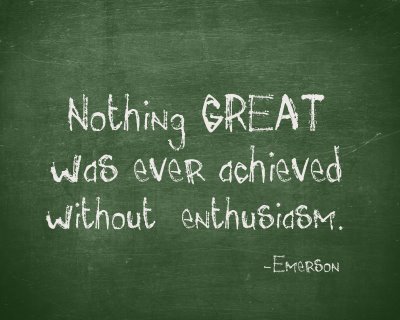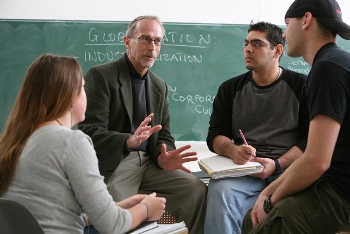In the late Industrial Age, to be successful in our careers we were supposed to be specialists. How often did I hear career advice in the form of dismissing any effort at being rather a generalist (and generally, deploring that I did not want to specialize in a well-recognized discipline).

Being specialized was great for the organization because the bureaucracy could fit you in a pre-determined box, could figure out what you should or could become, figure out what to pay you and in general, identify you as a particular commodity type. The Corporation hated types that could not be classified properly.
In the Collaborative Age, being excessively specialized is becoming a burden. We are not speaking here of being a Jack of All Trades; what we support rather is that the Knowledge Enhancing Exchaning Networker (K.E.E.N.) of the Collaborative Age needs to be a generalist with a few areas of particular excellence.
Excessive specialization precludes agility. Specialization is based on deep knowledge of something which necessarily stems from the past; it might help understand similar features in the future but certainly not significant, disruptive changes that would come from somewhere else. The specialists of the cathodic screen – a highly complicated device – have been wiped out by flat screens in a merciless manner.
Today you need to understand enough of the world to be agile enough. That is being a generalist. being well-travelled is a great way to understand the limits of personal assumptions. Of course, you also need to be world class at certain skills – and they might not be those skills that had been painfully codified by the Industrial Corporation. It might be creativity, leadership, networking, a gift for understanding computer code…
In start-ups everybody needs to do a bit of everything – which is also why deep specialists won’t fit in. Start-ups are about creating a new way of doing certain things – not repeating the old ways even slightly better. They don’t need specialists to thrive. They need generalists.
Even the Harvard Business Review makes the case for General Managers in this post “Bring back the General Manager“, lamenting that departmentalization of corporations since the early 1980’s has fostered specialist careers and that organizations are missing generalist General Managers!
Successful people of the Collaborative Age will be generalists with certain highly developed gifts. Don’t become a too narrow specialist. Open your eyes to the world and get ready to contribute through multiple channels.











